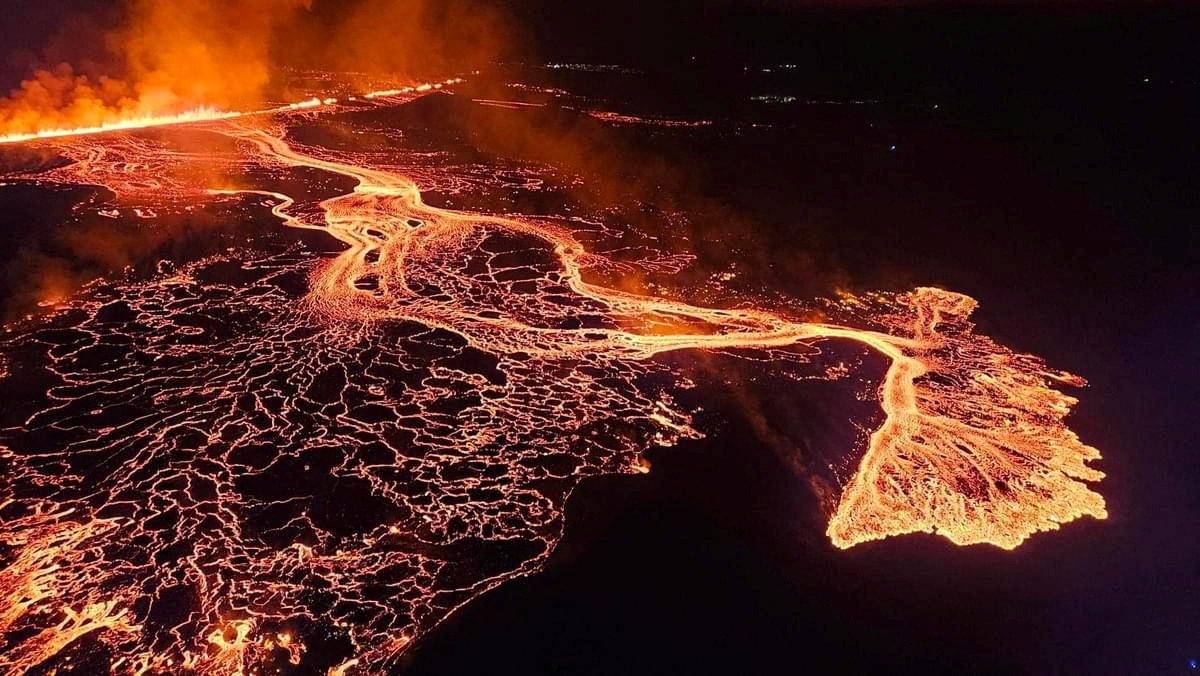A toxic cloud from a recent volcanic eruption on Iceland’s Reykjanes Peninsula is set to spread across Germany on Monday, with only Bavaria expected to be largely spared. The Reykjanes Peninsula has been experiencing frequent eruptions, with the latest occurring on the night of August 23rd, following a 4.0 magnitude earthquake. This eruption caused a fissure, initially 1.4 kilometers long, which quickly expanded to almost 4 kilometers. Another fissure was discovered later that day, leading to the evacuation of around 4,000 residents from the nearby port city of Grindavik.

The eruption has released significant amounts of sulfur dioxide, forming a toxic cloud that began moving across Europe. By Sunday, the cloud had already reached the UK, and by Monday, it will have spread across much of Germany, including major cities such as Berlin, Hamburg, and Kassel. According to the weather portal Windy, the cloud will continue its path southward and westward, while Bavaria is expected to be mostly unaffected.
The German Environment Agency warns that sulfur dioxide can irritate mucous membranes and eyes, and may cause respiratory problems, although the concentration levels in Germany are expected to remain below harmful thresholds. The cloud is expected to move eastward into Eastern Europe by Tuesday. Meanwhile, experts are also monitoring unusual activity from Mount Etna, Europe’s largest active volcano.





